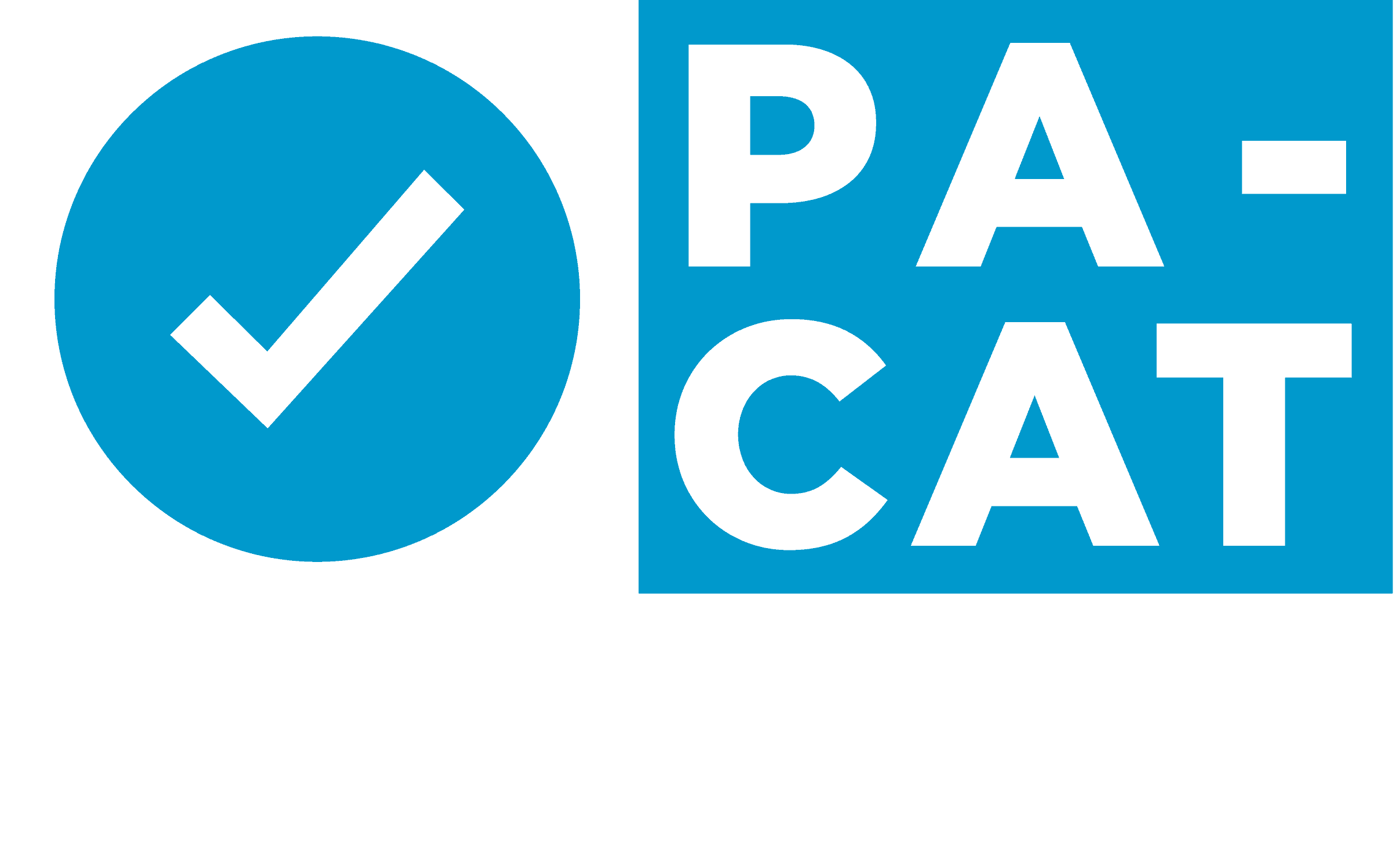Coming Full Circle – Rethinking the Use of Standardized Assessments for School Admissions
Major universities are beginning to see the value of standardized assessments to help disadvantaged students gain admission into their programs.
Exam Master launched the PA-CAT in 2020 in response to PA educators telling us that some of the metrics they were using to help decide which applicants should be admitted into their programs, including prior GPA, were not particularly reliable or predictive. So-called grade inflation and undergraduate program variability were perceived as a big factor in making prior grade history less reliable as an academic predictor. Consequently, some incoming PA students who appeared to have the academic chops for PA school were really struggling during parts of their didactic training, particularly in core subjects like anatomy and physiology.
Most PA educators we spoke with agreed that having an admissions test that objectively measures the academic readiness of an applicant would be useful. This value included helping programs choose among applicants who may appear similarly qualified based on grades or other criteria. Nevertheless, some PA educators we spoke with had at least some concerns that use of a PA school admissions exam might act as a barrier to entry for under-represented students seeking to apply to PA school. Many PA programs have a stated goal to improve the diversity of their student body to better represent the communities that they serve. These attitudes existed at a time when educational stakeholders generally were questioning the value of standardized admissions exams. Research showing the effects standardized entrance exams might have on the ability of minority or lower-income students to be competitive in their college application process was a concern.
COVID-era policies related to optional or no-use of standardized admissions exams found to adversely affect disadvantaged and minority applicants.
Then came COVID… During COVID, some colleges and universities were dropping the requirement that applicants must take the SAT or ACT exams as a condition for admission consideration. Some schools left these test requirements as optional for applicants. (Many schools still make these exams optional.) To us, this seemed a bit counter intuitive since we experienced firsthand how disruptive COVID was to the many health professions programs we serve. And we know how difficult COVID was for many colleges and universities trying to fulfill their educational commitment to their students. The question people were wondering (but not always saying) was, what impact did these disruptions have on these students’ readiness to go into college or graduate school? Are they as academically prepared as pre-COVID cohorts?
Recent studies show that standardized exam results are better predictors of student potential than prior grades and other common application requirements.
Recently, a group of New York Times researchers and reporters took a hard look at the issue of standardized exams and their impact on admissions to college. School administrators were reporting to the Times researchers that, for getting into college at least, standardized tests like the ACT and SAT were better predictors of student performance than high school grades alone. They provided data to back this up. Moreover, the researchers pointed out that a standardized exam might be less biased of a marker of student readiness than such things as letters of recommendation, essays, and extra-curricular activities, metrics which inevitably are subject to greater bias and subjectivity than a standardized exam. MIT reported that bringing back the SAT test requirement helped it to admit the most diverse incoming student cohort on the college’s history. You can read the full article here.
Dartmouth, Yale and MIT adjusted their admissions requirements to include standardized assessments as a tool to improve diversity of their incoming cohorts.
More recently, Dartmouth College announced it was going back to requiring a standardized assessment for admissions consideration. This policy change came on the heels of a recently concluded Dartmouth study showing that test scores were a better predictor than high school grades (and other admissions requisites) of how well students would perform at Dartmouth. Moreover, researchers at Dartmouth (which had been using a test optional policy since COVID) found that test scores from lower-income students, had they been submitted as part of the applications process, would actually have helped many of these students present a stronger admissions profile than grades and recommendations alone. In other words, those lower-income students who withheld their optional test scores from admissions were actually harmed by this misstep. More information on Dartmouth’s experience can be found here. Yale University also just announced it will be going back to use of standardized assessments for admissions in part because of its belief that such assessments will actually improve disadvantaged students’ ability to be admitted into their university.
Throughout this time, Exam Master has remained strongly committed to the belief that an academic readiness exam (e.g. the PA-CAT) will help PA educators better identify those students who are prepared to handle the academic rigor required in PA school. A standardized assessment, assuming it covers the key subjects incoming PA students are supposed to already know, should also help students from less advantaged backgrounds. Students coming from weaker under-graduate programs, or whose educational journey might have been less privileged or less traditional, could still demonstrate with a good PA-CAT score that they were academically ready to tackle the demanding PA curriculum.
Recent research shows that the PA-CAT has been predictive of PA student performance during the didactic semesters.
The research and developmental phase of the PA-CAT showed a statistically significant correlation between PA-CAT scores from incoming PA students and how they performed in PA school. More recently, research at several PA programs has shown a statistically significant correlation between applicant PA-CAT scores and their subsequent didactic performance. We believe these studies and others to follow will continue to support that the PA-CAT can both better predict student performance and also offer applicants from disadvantaged backgrounds an opportunity to demonstrate that they are academically ready for PA school.
See here for the latest on the PA-CAT research studies.
